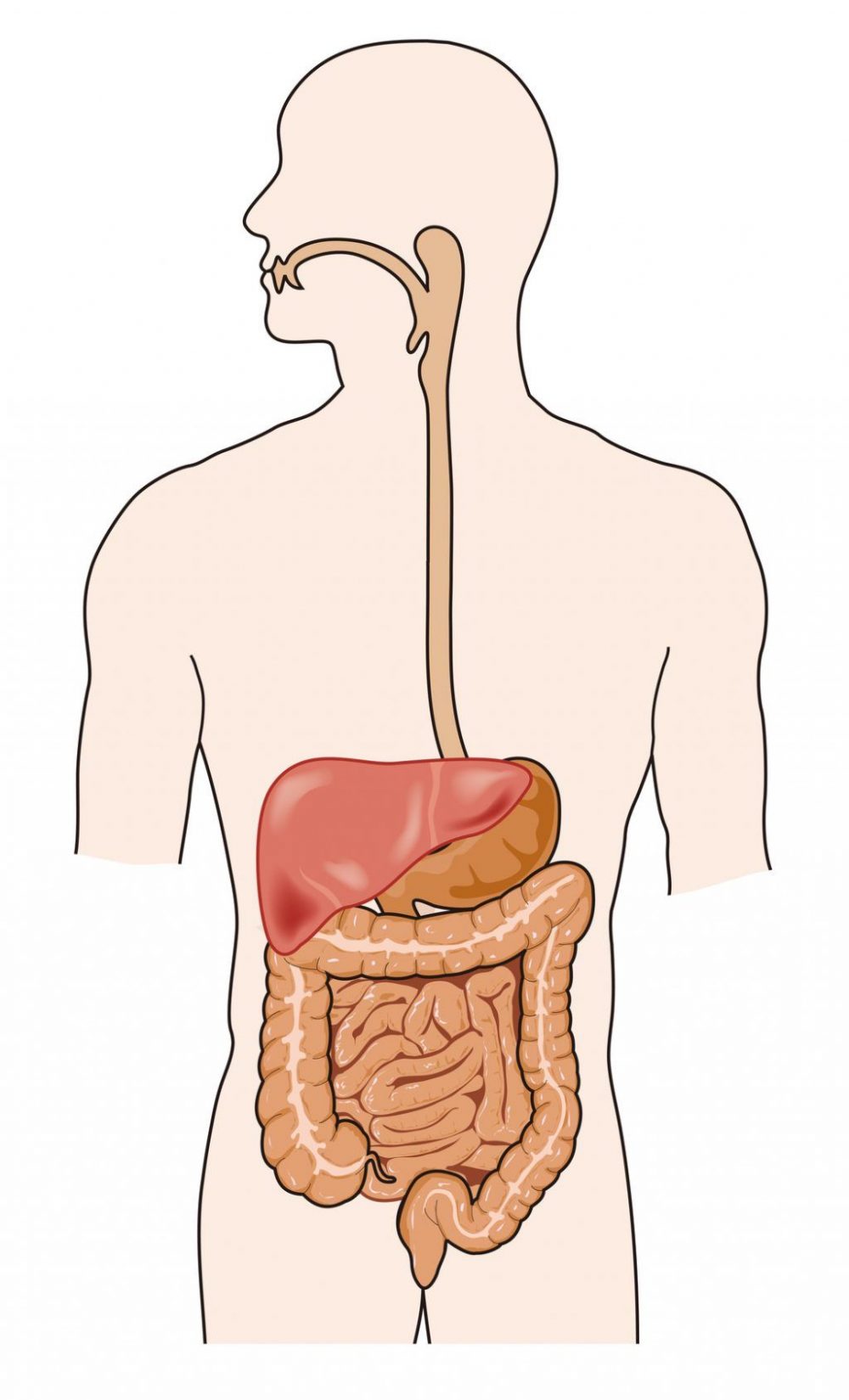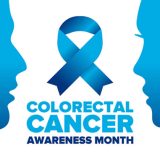

There are approximately 100 trillion organisms residing in the average human intestinal tract. The 500 different species of bacteria and yeasts that populate the gut reside there in a delicate balance of beneficial versus pathogenic organisms that plays an important role in the healthy function of the gastrointestinal system and, therefore, the general health and well-being of the host. Digestion, detoxification, elimination of wastes, maintaining proper body chemistry and optimizing immune function are among the vital tasks performed by these gut flora.
When the populations of gut flora are disrupted, a condition of dysbiosis can occur. Dysbiosis is an imbalance in the microbial environment of the gastrointestinal (GI) tract. This imbalance occurs following a die-off of beneficial bacteria which allows an overgrowth of unfriendly bacteria and yeasts. Considering the many physiological functions of gut flora listed above, it should come as no surprise that dysbiosis can lead to a variety of diseases and disorders, including:
- Gastrointestinal disorders – Acid reflux, gas, bloating and indigestion are the somewhat benign disturbances experienced with dysbiosis. Chronic, severe dysbiosis can lead to inflammation of the intestinal wall, “leaky gut” syndrome, allergies, food intolerances, joint pain and arthritis, and Irritable Bowel Syndrome. It has also been implicated in severe GI inflammatory diseases such as: Crohn’s disease and ulcerative colitis.
- Urological – Urinary tract infections, vaginitis and vaginal yeast infections are common, troublesome conditions associated with bacterial and/or candida overgrowth in the GI tract.
- Depression – Over 70 years ago researchers postulated a link between depression and anxiety and imbalances in intestinal microflora that causes increased intestinal permeability and systemic inflammation. Contemporary evidence supports the theory that the connection between gut flora and the brain exists and may well be involved in disorders of mood. It has yet to be determined as to which condition is the cause and which the symptom.
- Acne – The same research which made a connection between gut and brain supports a link between dysbiosis and acne. It is thought that the chronic inflammation and hyperpermeability of the intestines allows toxins, wastes and bacteria to be absorbed into the bloodstream. As the skin plays a significant role in detoxifying the body, it is reasonable to conclude that chronic acne may be the body’s reaction to gut imbalances and the resultant toxicities.
- Obesity – Researchers have discovered that people suffering from obesity have more unfriendly bacteria (firmicutes) and less beneficial strains (bacteriodetes). Scientists believe that these imbalances cause inflammation, insulin resistance, food cravings and improper digestion. The overabundance of these firmicutes allows the extraction of calories not normally meant to be absorbed. These calories are then stored directly into fat cells. So, it is believed that dysbiosis contributes to obesity in three or four different ways.
In addition to these common problems associated with dysbiosis new evidence is emerging that implicates this condition as a contributing offender in infectious diseases like post-surgical C. Diff. and some cancers. In considering the broad spectrum of negative health effects associated with dysbiosis, it is important to understand the more common causes of floral imbalance in the GI tract:
- Medications – most commonly due to chronic use of pain medications, antibiotics and antacids
- Infection
- Chronic illness
- Excessive alcohol use
- Chronic stress
- Poor diet
- Environmental and chemical toxins
One look at this list should explain why GI imbalances are so common. Almost everyone experiences exposure to one or more of these risks factors in any given month of their lives. The good news is that prevention and treatment of dysbiosis is relatively simple. Taking steps to minimize or eliminate the afore-mentioned risk factors is the first step. From a dietary standpoint, eating a balanced diet of fresh whole foods, cooked at home using organic produce is the best approach. Fermented foods such as yogurt and kefir are an enjoyable way to support healthy floral balance. Napoleon said, “An army marches on its stomach.” Keep your 100 trillion microbial soldiers happy by feeding them soluble fibers (prebiotics). Good food sources are leeks, onions, garlic, legumes, leafy greens like kale; you get the idea.
The Nuclear Option
Even the best diet and lifestyle cannot eliminate all of the predisposing elements of dysbiosis. One of the easiest, safest and most cost-effective approaches to prevention and treatment of this all-too-common problem is regular use of a high quality probiotic supplement that contains at least 5 billion organisms. Superior formulations like Super Probiotics also contain ample dosages of prebiotic nutrients to support the bacteria in the GI tract.




